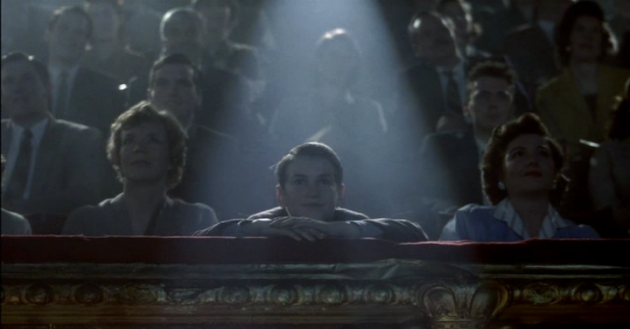
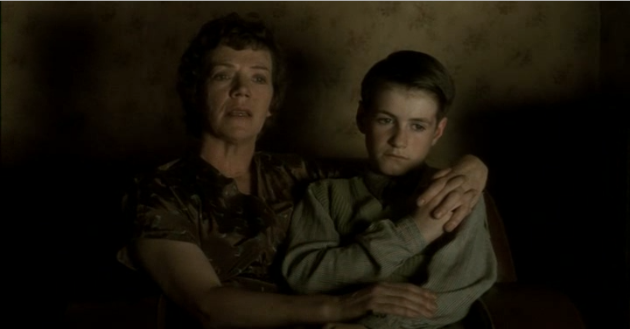
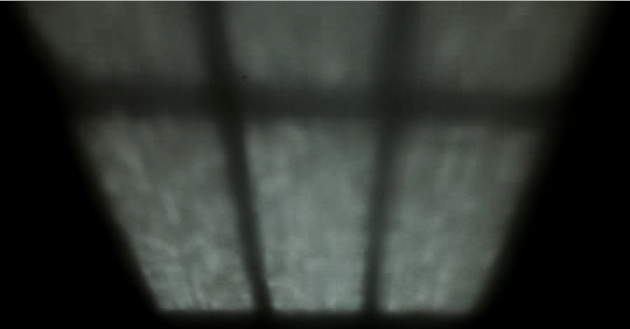
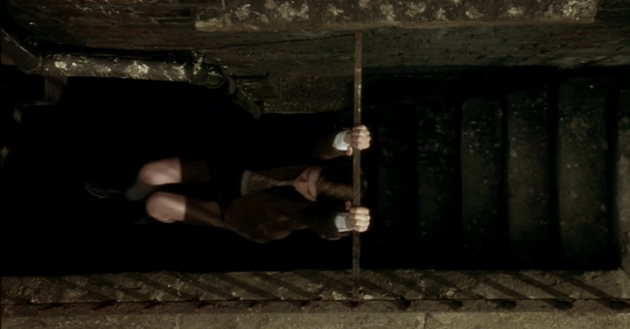
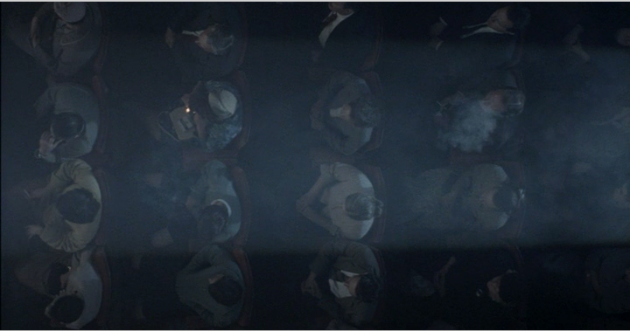
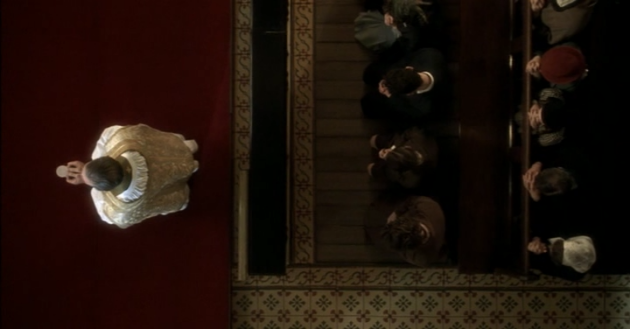
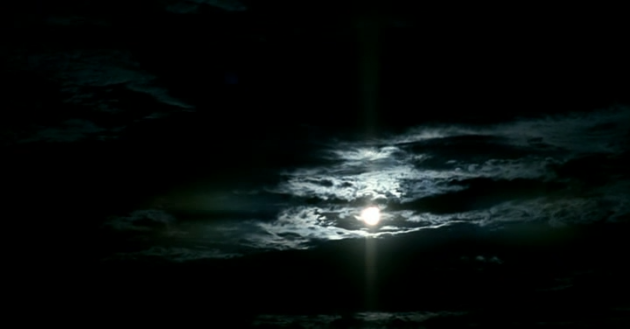
Davies's deeply personal, fragmentary recalling of his childhood growing up in post-war Britain has all his long-standing preoccupations - loving mother, going to the picture show, religion, the view of the world through the window and burgeoning homosexuality. Laced with show tunes and movie dialog from the 50s against grimy, rainy Liverpool backdrop, Long Day Closes shows Bud Davies, an introverted young boy from a working class family, living with his older siblings (and their mates) and widowed mother, turning to his imagination to escape from bullying, guilt and spartan school surroundings.
But unlike his Distant Voices, Still Lives, there is no villain (brutish father played by Pete Postlethwaite) in this. With no visible narrative, Davies's laments are distinctly impressionistic and extremely warm. Skipping all the philosophizing narration of the usual autobiographical films, Davies instead shows these beautiful, sorrowful, happy moments with amazingly accomplished visual style. I mean I'm not a big fan of dolly moves in films but hot damn! He knows how to use them and does so gracefully. Long Day Closes is one of the best films depicting childhood I've seen. These are the memories you want to take to your grave. It's a beautiful, cinematic experience that is full of warmth and hope.